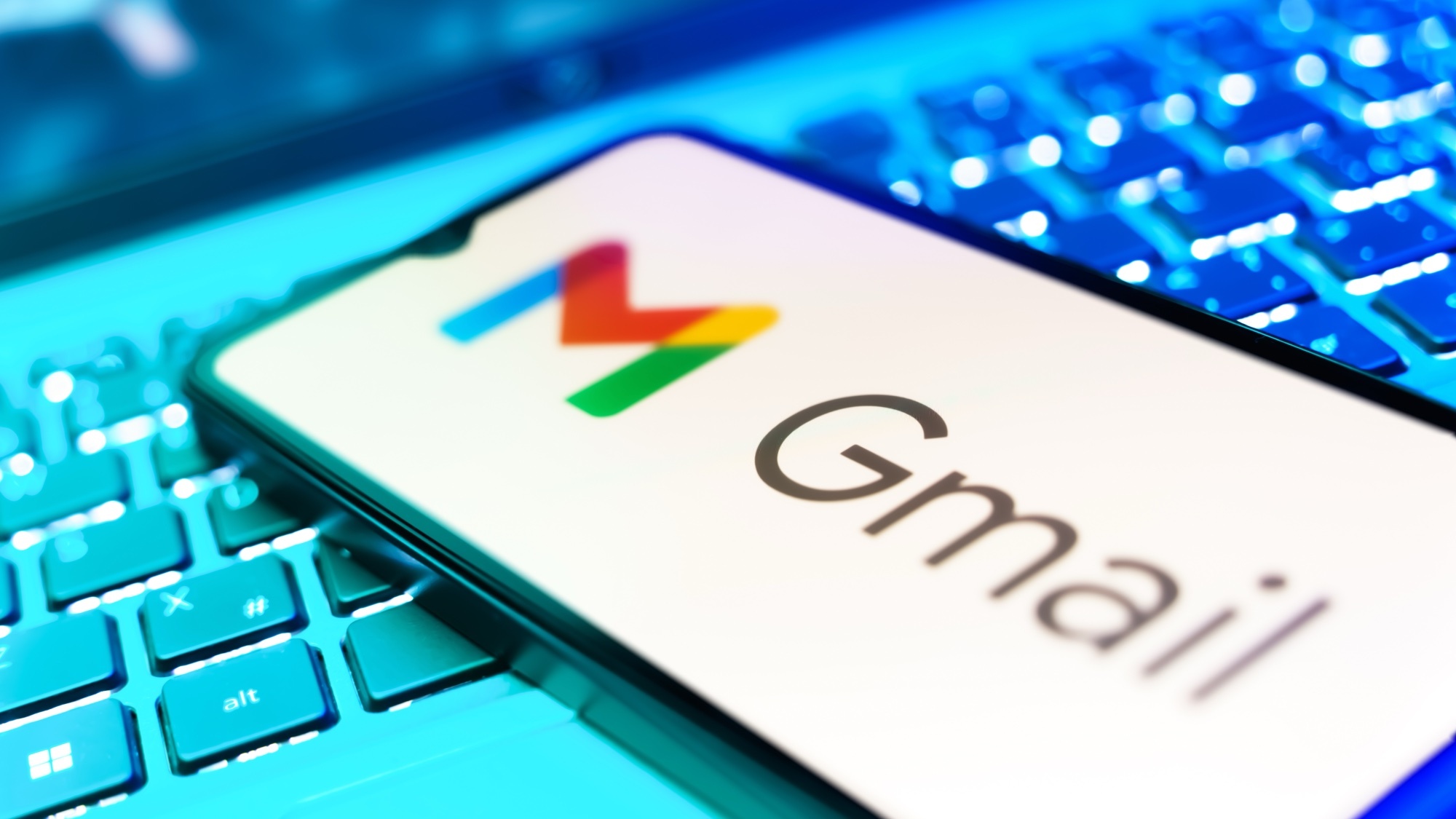Google issues warning to 2.5 billion Gmail users — change your password right now
Protect yourself ASAP

Here at Tom’s Guide our expert editors are committed to bringing you the best news, reviews and guides to help you stay informed and ahead of the curve!
You are now subscribed
Your newsletter sign-up was successful
Want to add more newsletters?

Daily (Mon-Sun)
Tom's Guide Daily
Sign up to get the latest updates on all of your favorite content! From cutting-edge tech news and the hottest streaming buzz to unbeatable deals on the best products and in-depth reviews, we’ve got you covered.

Weekly on Thursday
Tom's AI Guide
Be AI savvy with your weekly newsletter summing up all the biggest AI news you need to know. Plus, analysis from our AI editor and tips on how to use the latest AI tools!

Weekly on Friday
Tom's iGuide
Unlock the vast world of Apple news straight to your inbox. With coverage on everything from exciting product launches to essential software updates, this is your go-to source for the latest updates on all the best Apple content.

Weekly on Monday
Tom's Streaming Guide
Our weekly newsletter is expertly crafted to immerse you in the world of streaming. Stay updated on the latest releases and our top recommendations across your favorite streaming platforms.
Join the club
Get full access to premium articles, exclusive features and a growing list of member rewards.
Millions of Gmail users are being warned to change their passwords after the ShinyHunters attack struck Google's Salesforce database in June. Though that breach did not expose user information – only basic and largely publicly available business information, according to Google – it still leaves regular Gmail customers open to phishing and social engineering attacks. ShinyHunters has been particularly successful in vishing attacks where it makes a phone call impersonating IT staff in order to deceive a caller into revealing their login credentials.
Google has advised Gmail users to be on alert as it feels that the hacking group may be preparing to escalate their efforts to launch a data leak site (DLS). Those who may have been affected by the incident should have received an email. According to a Reddit post, Gmail users are now being targeted in vishing attacks coming from phone numbers with a 650 area code.
The calls themselves are from scammers that claim to be Google employees contacting victims to alert them about a security breach that affects their accounts. During these scam phone calls, the attackers attempt to take over the victims Gmail accounts by getting users to reset their password and provide this information to them. This locks the user out of their own account and hands the password over to the scammer.
How to stay safe from phishing attacks

Google has encouraged users to change their passwords, and has sent out emails to users to remind them to do so. The company is also encouraging users to enable two-factor authentication whenever possible. It's advisable to take this time to make sure that all your security questions and back up information like emails and phone numbers are up-to-date as well, so that you have an accurate way to recover your account if necessary.
Next, make sure you’ve taken all the steps possible to keep your Google accounts safe against any unauthorized access. Check out Google’s Security Checkup for recommendations on your account security and to automatically identify any vulnerabilities. You can also use Google’s Advanced Protection Program to add an extra later of security to block downloads of any harmful files and to restrict any non-Google apps from accessing your Gmail data.
Additionally, make sure you know all the signs of phishing and vishing, to stay aware and informed. Never click on anything you’re not expecting in an email or text and never give out any personal information over the phone to anyone who randomly calls you. Google will not contact users over the phone to tell them about security breaches, so don't be fooled by these attempts.
Follow Tom's Guide on Google News to get our up-to-date news, how-tos, and reviews in your feeds. Make sure to click the Follow button.
Get instant access to breaking news, the hottest reviews, great deals and helpful tips.
More from Tom's Guide
- More than 4 million people exposed in TransUnion data breach – what you need to know
- Over half a million hit in major healthcare data breach with SSNs, financial info and more exposed — what to do now
- Google wants to fight Android malware by making sideloading more difficult — here's how

Amber Bouman is the senior security editor at Tom's Guide where she writes about antivirus software, home security, identity theft and more. She has long had an interest in personal security, both online and off, and also has an appreciation for martial arts and edged weapons. With over two decades of experience working in tech journalism, Amber has written for a number of publications including PC World, Maximum PC, Tech Hive, and Engadget covering everything from smartphones to smart breast pumps.
You must confirm your public display name before commenting
Please logout and then login again, you will then be prompted to enter your display name.
 Club Benefits
Club Benefits










